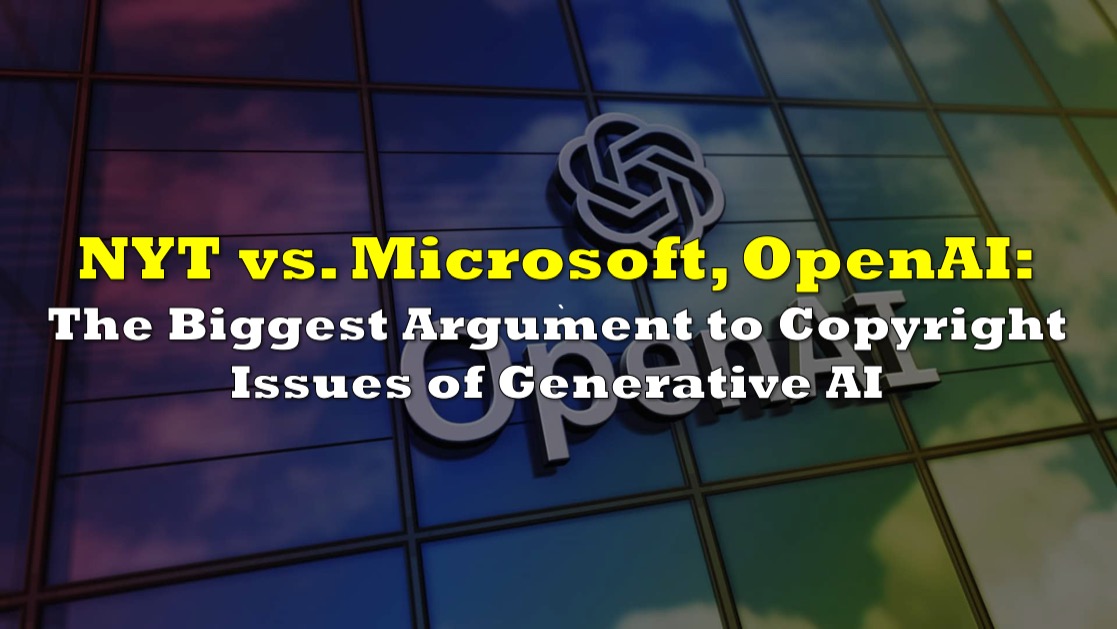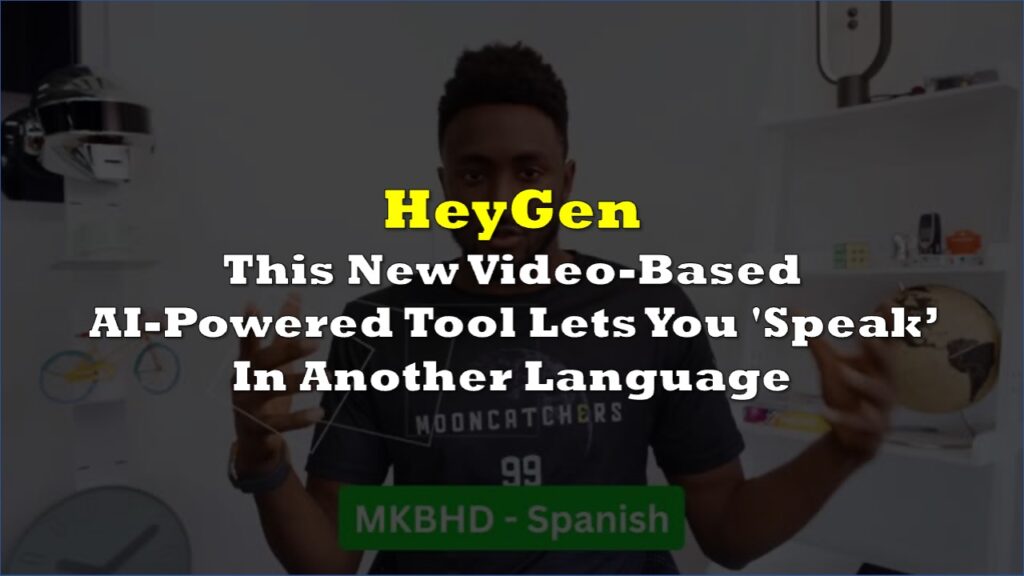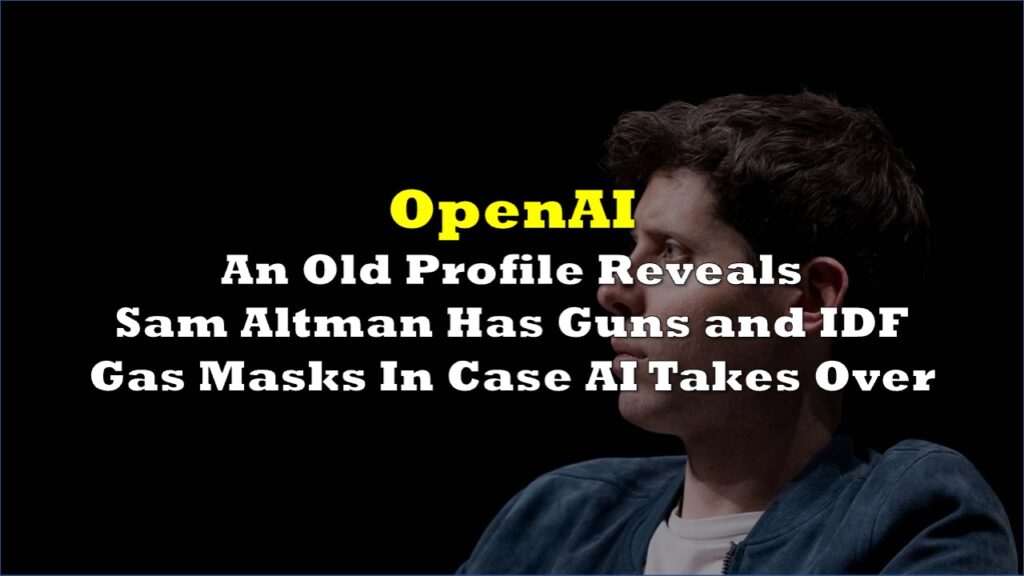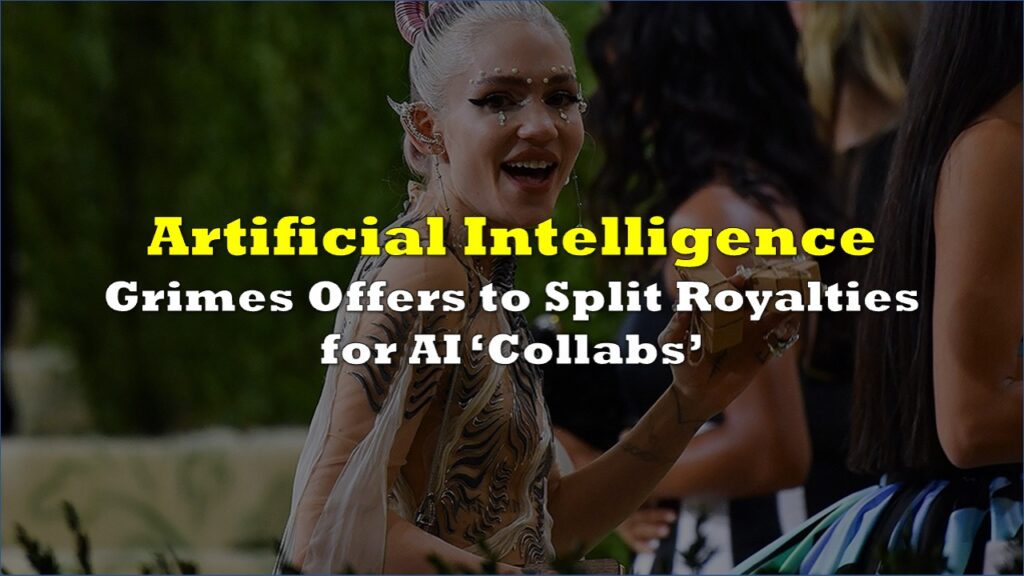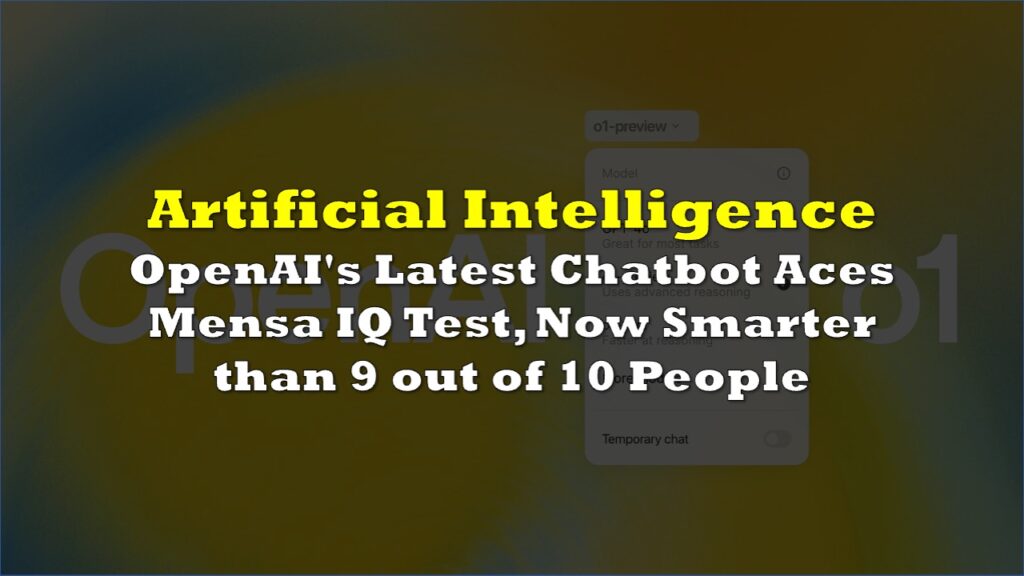The New York Times has filed a federal lawsuit against OpenAI and Microsoft, accusing them of unlawfully using its stories to train artificial intelligence (AI) chatbots. The lawsuit, filed in Manhattan federal court, highlights the growing tension between media organizations and AI developers as the rapid evolution of technology raises concerns about intellectual property rights.
The Times alleges that OpenAI and Microsoft are jeopardizing its livelihood by essentially appropriating billions of dollars worth of journalistic work. According to the newspaper, the companies are producing AI-generated content, in some instances replicating Times’ material verbatim, and thereby diverting web traffic away from the original source. The lawsuit contends that these actions infringe on copyright laws and seeks to hold the tech giants accountable for both statutory and actual damages.
“Defendants’ generative artificial intelligence tools rely on large-language models that were built by copying and using millions of The Times’s copyrighted news articles, in-depth investigations, opinion pieces, reviews, how-to guides, and more. While Defendants engaged in widescale copying from many sources, they gave Times content particular emphasis when building their LLMs—revealing a preference that recognizes the value of those works. Through Microsoft’s Bing Chat (recently rebranded as Copilot) and OpenAI’s ChatGPT, Defendants seek to free-ride on The Times’s massive investment in its journalism by using it to build substitutive products without permission or payment,” the lawsuit read.

The plaintiffs’s move aims to hold the defendants “responsible for the billions of dollars in statutory and actual damages.”
Despite the serious allegations, both OpenAI and Microsoft have yet to provide official comments on the lawsuit, leaving the industry and the public eagerly awaiting their response.
The legal action by The New York Times underscores the broader challenges faced by media organizations in an era of rapid AI development. The migration of readers to online platforms has already disrupted the traditional media landscape, and the emergence of AI-driven content generation poses a new and formidable threat. Ian B. Crosby, partner and lead counsel at Susman Godfrey representing The Times, notes, “These bots compete with the content they are trained on.”
AI companies, including OpenAI and its rival Anthropic, utilize information available online, including articles from news organizations, to train generative AI chatbots. The lawsuit claims that OpenAI’s GPT-4 falsely attributed product recommendations to Wirecutter, a product review site owned by The New York Times, potentially damaging its reputation.
Microsoft, a key player in the lawsuit due to its partnership with OpenAI, has invested at least $13 billion into the AI company since their collaboration began in 2019. The lawsuit alleges that Microsoft’s supercomputers power OpenAI’s research, and the tech giant integrates the startup’s technology into its products.
This legal action follows a trend of lawsuits against OpenAI for copyright infringement, with writers, including comedian Sarah Silverman, claiming their works were used without permission to train AI models. The News/Media Alliance, a trade group representing over 2,200 news organizations, has expressed support for The Times’ initiative.
Legal experts, including IP and AI lawyer Cecilia Ziniti, predict that the case could be a watershed moment for AI and copyright. Ziniti notes that The Times’ strategic legal challenge and the alleged damages incurred by failed negotiations could have significant implications for the future of AI innovation and the protection of creative content.
2/ The visual evidence of copying in the complaint is stark. Copied text in red, new GPT words in black—a contrast designed to sway a jury. See Exhibit J here.
— Cecilia Ziniti (@CeciliaZin) December 27, 2023
My take? OpenAI can't really defend this practice without some heavy changes to the instructions and a whole lot of… pic.twitter.com/c15glvBNqd
Meanwhile, Jason Kint of Digital Content Next commends the comprehensive nature of the complaint, describing it as future-focused and potentially a landmark case rooted in copyright law and the U.S. Constitution.
“Copyright law was created by the Founding Fathers to incentivize the creation of original works including journalism. Generative Al developers should not be allowed to undermine fundamental copyright protections. We are pleased that The New York Times is standing up for the protection of original content as it plays a vital role in democracy and the everyday lives of regular Americans,” Kint said.
ok, I've now read the full NYT complaint filed this morning vs OpenAI and Microsoft. I'm impressed – it's future-focused around fair value for work vital to democracy. It also contains 220k pages of exhibits although the pages of Ex J stood out to me. more on that in a minute. /1 pic.twitter.com/e394EZYCed
— Jason Kint (@jason_kint) December 27, 2023
As The New York Times takes a stand against what it sees as the misuse of its intellectual property, the lawsuit against OpenAI and Microsoft sheds light on the intricate intersection of media, AI, and copyright law. The outcome of this legal battle could shape the future relationship between media organizations and AI developers, influencing the balance between technological innovation and the protection of original content.
Information for this story was found via Bloomberg and the sources mentioned. The author has no securities or affiliations related to the organizations discussed. Not a recommendation to buy or sell. Always do additional research and consult a professional before purchasing a security. The author holds no licenses.

